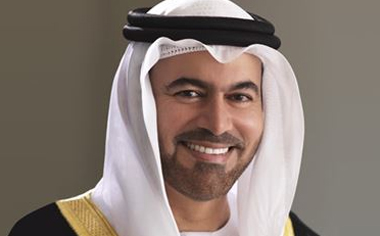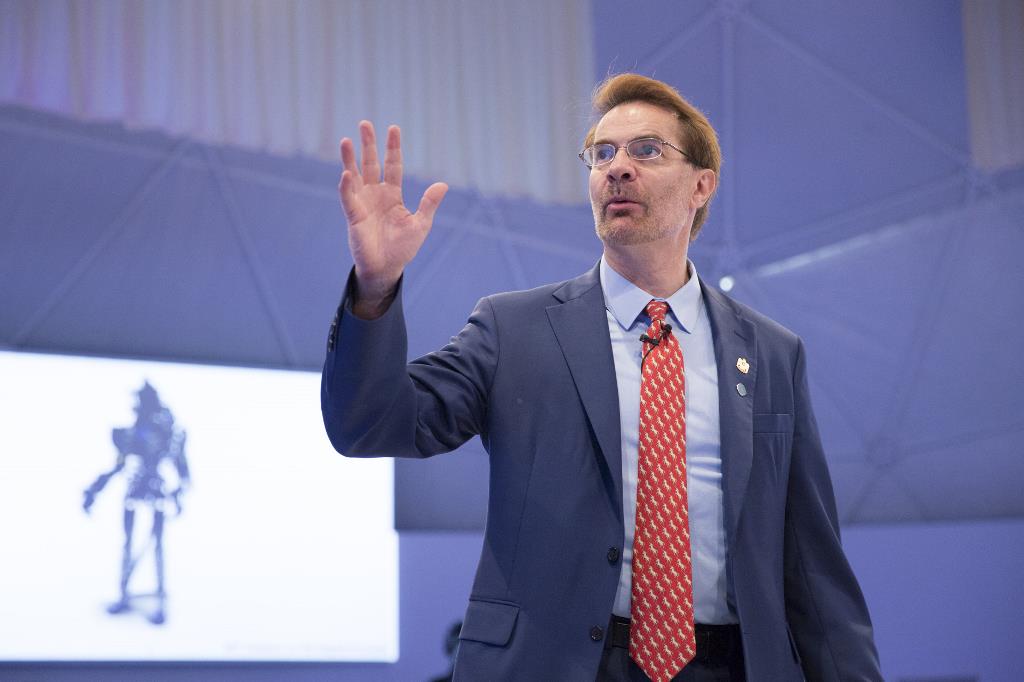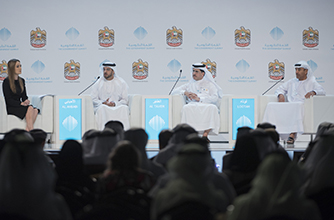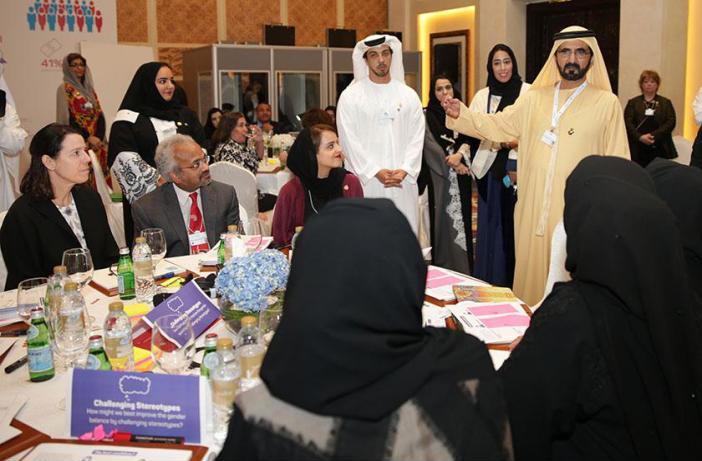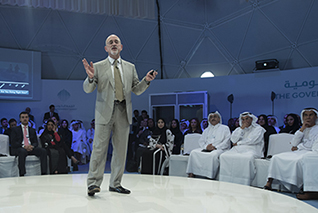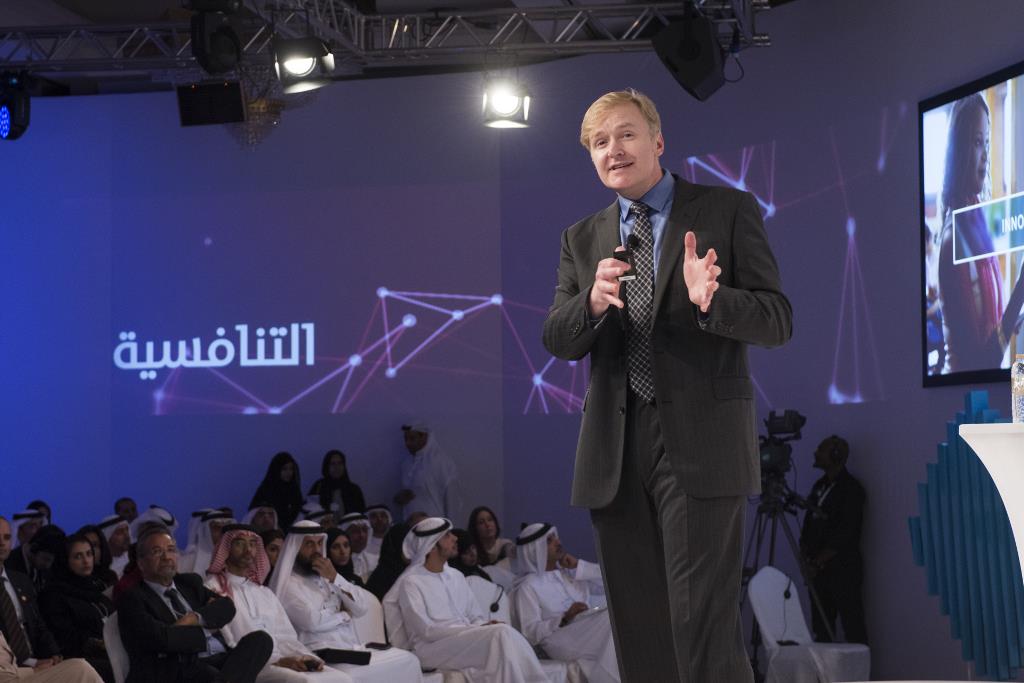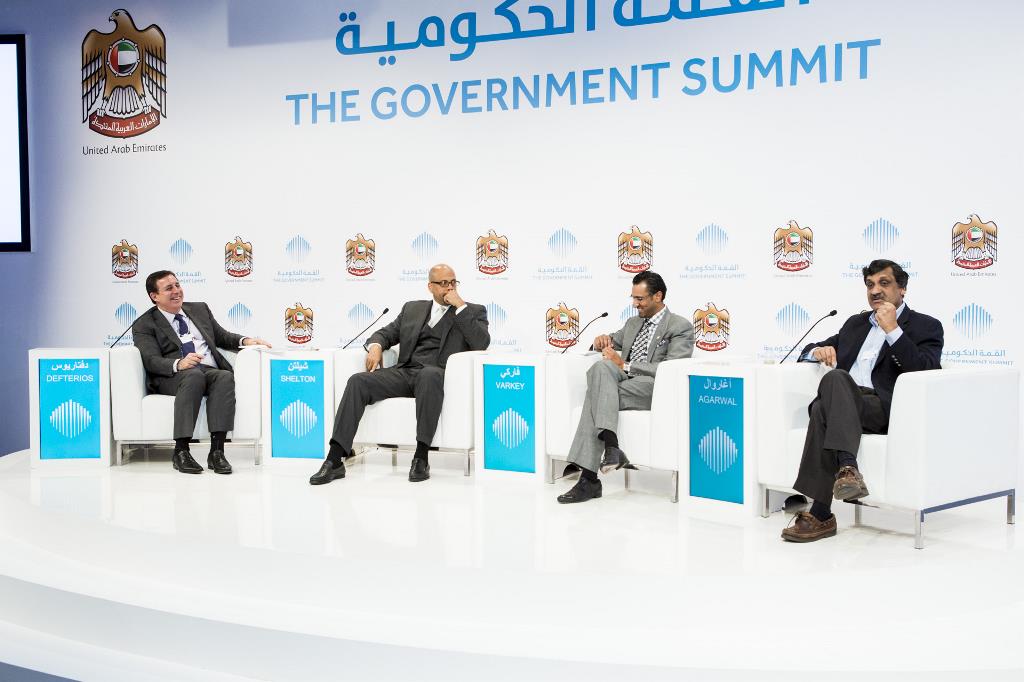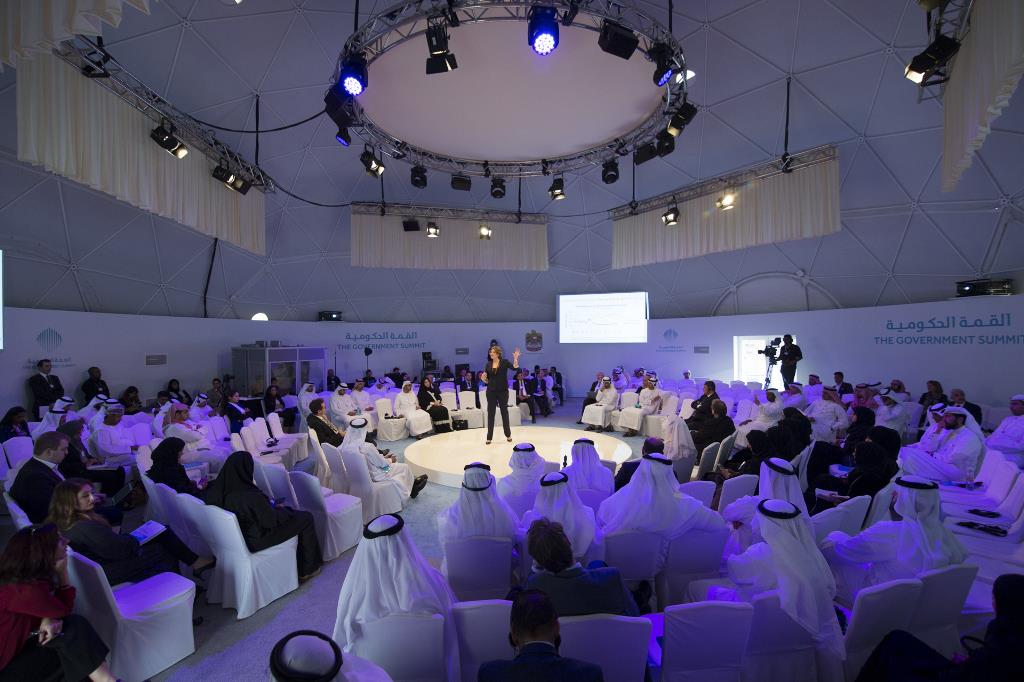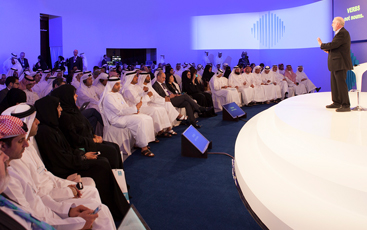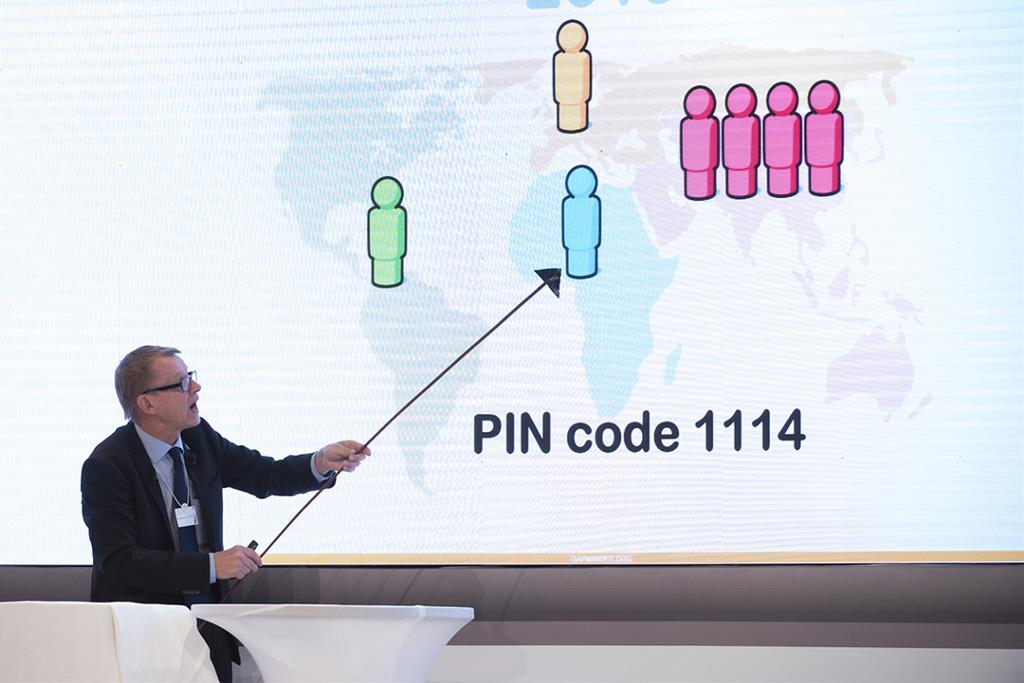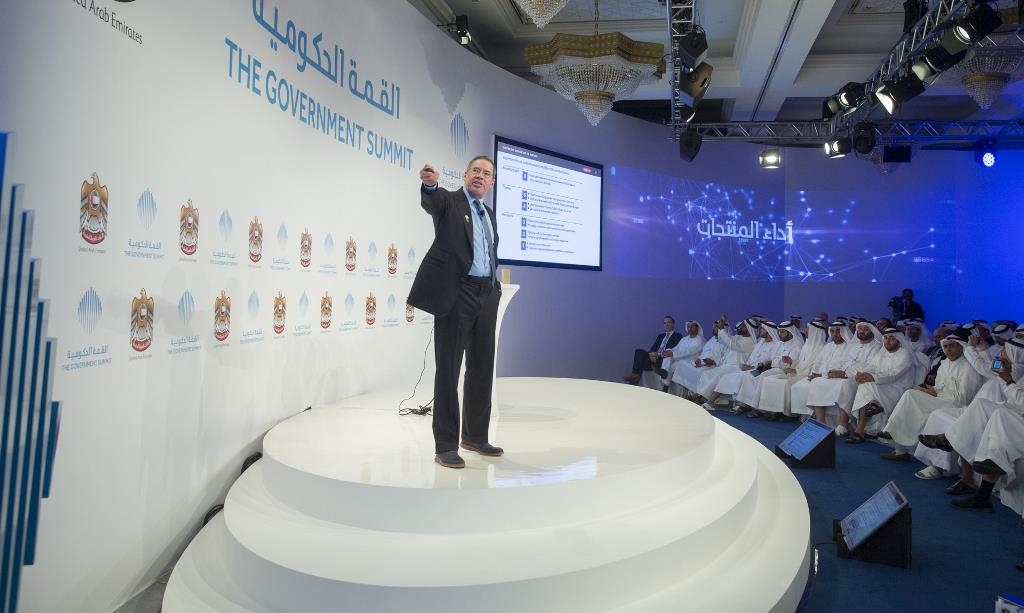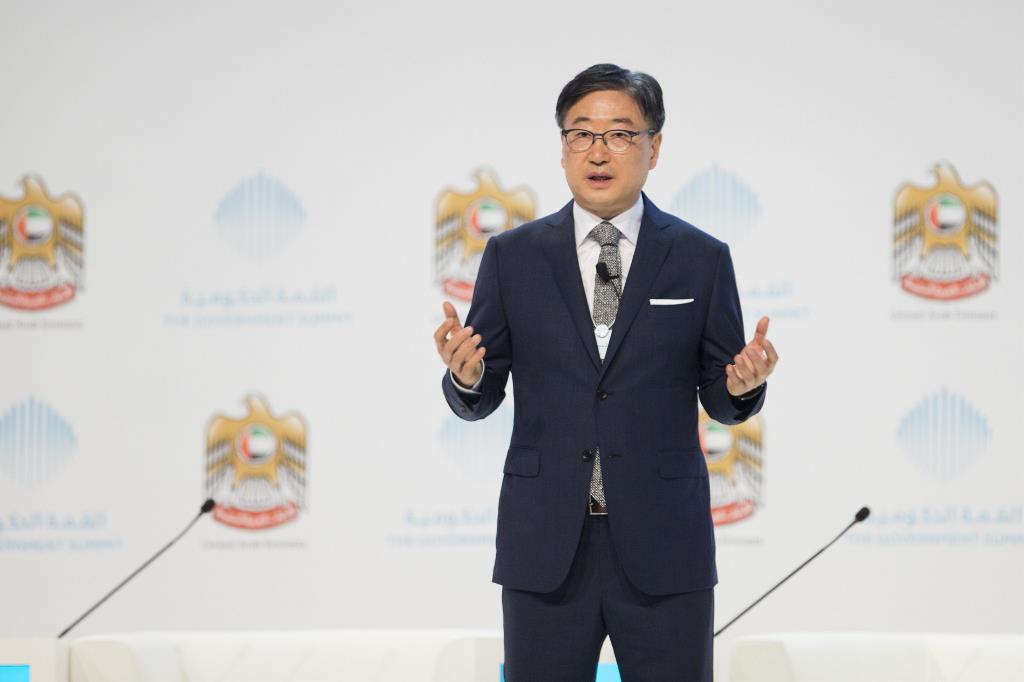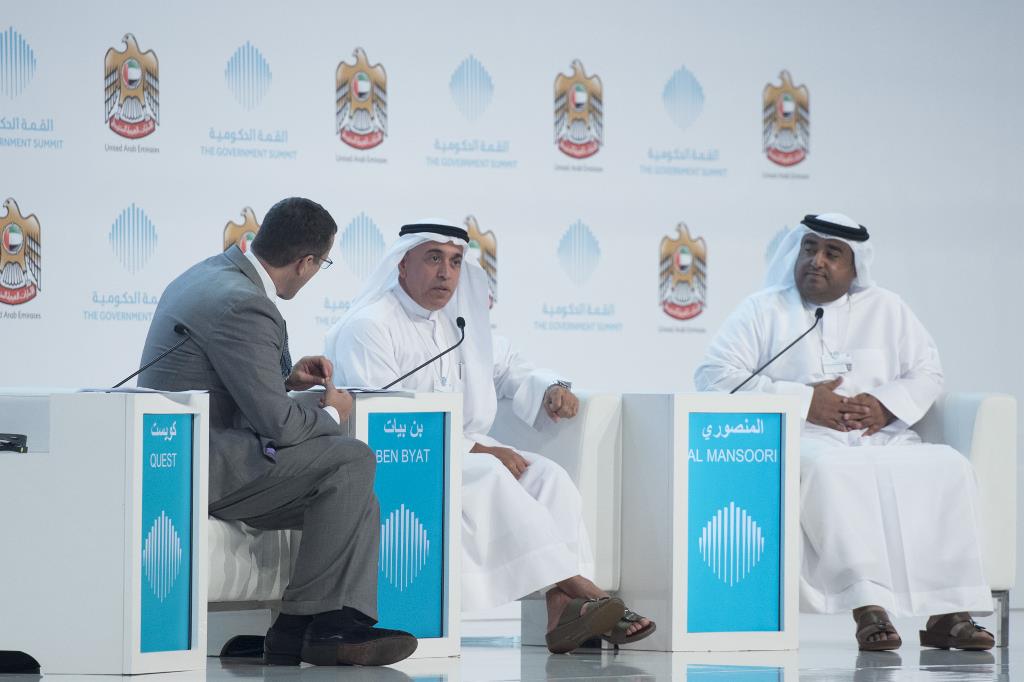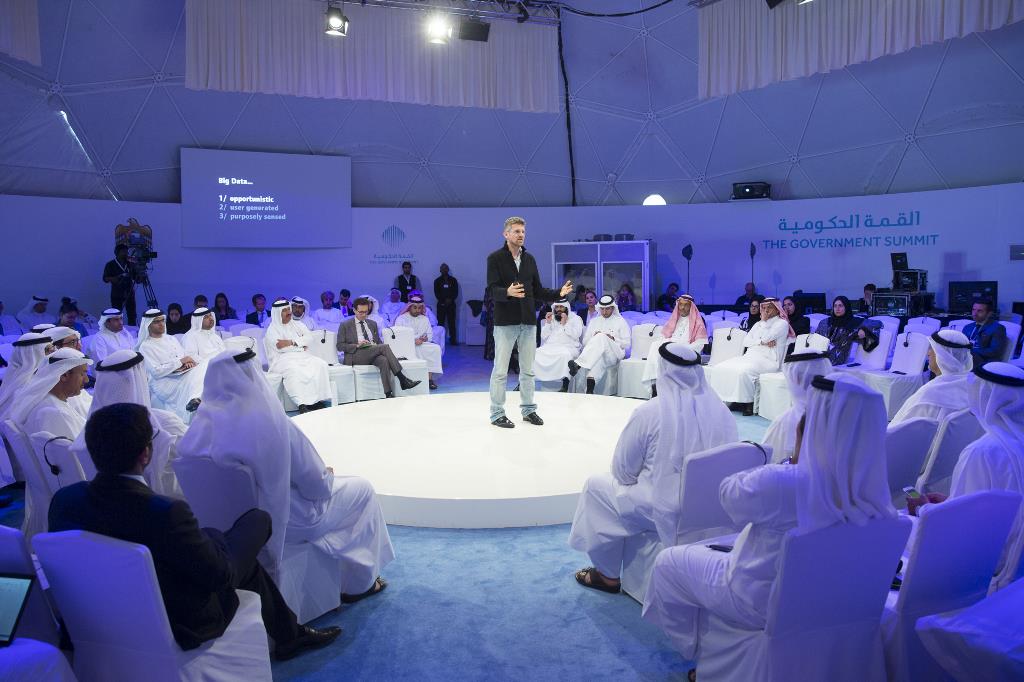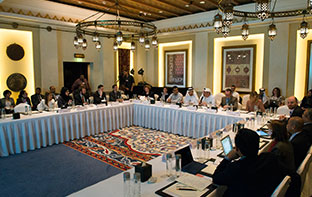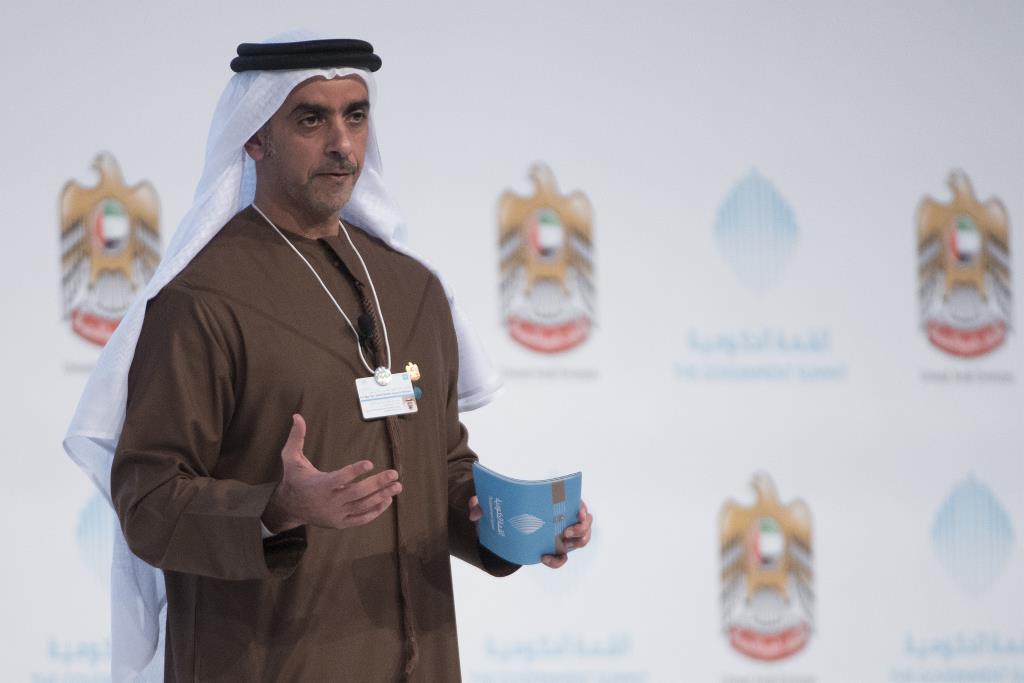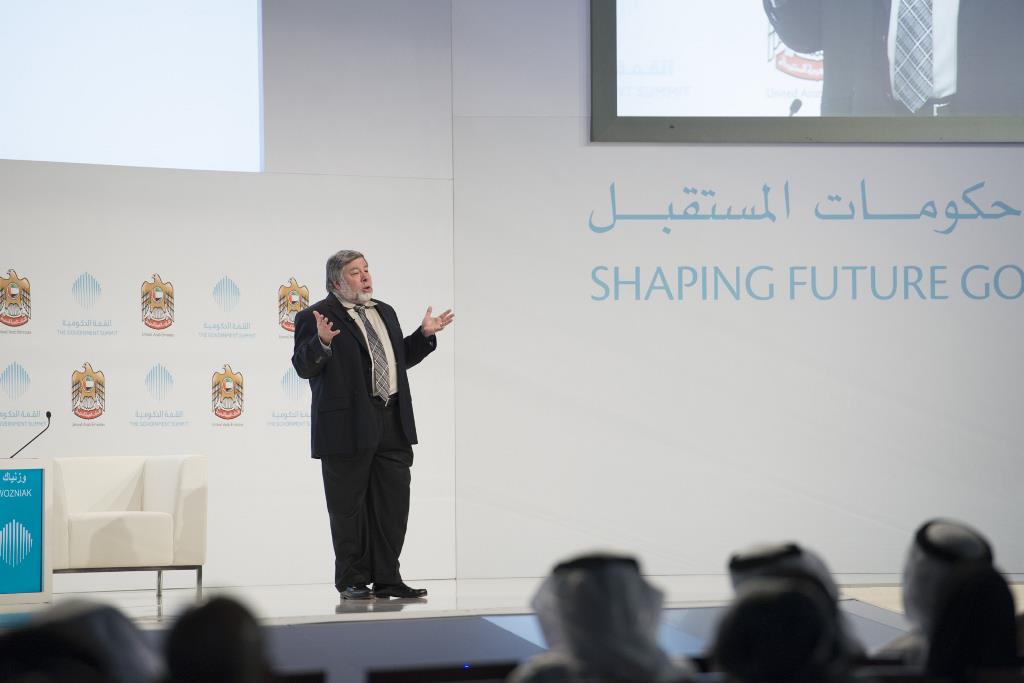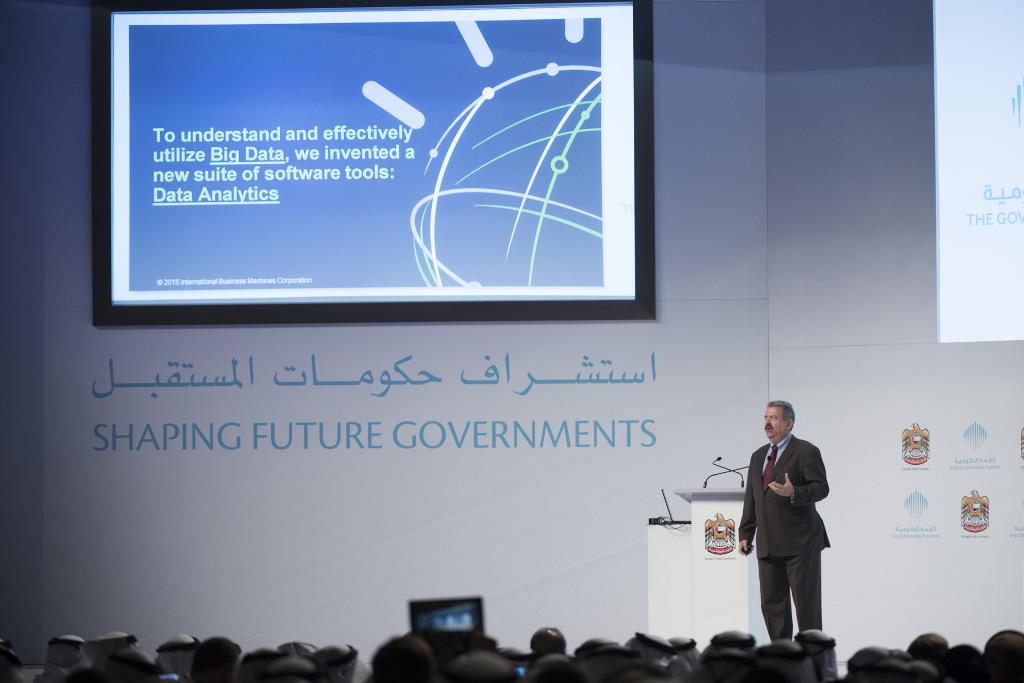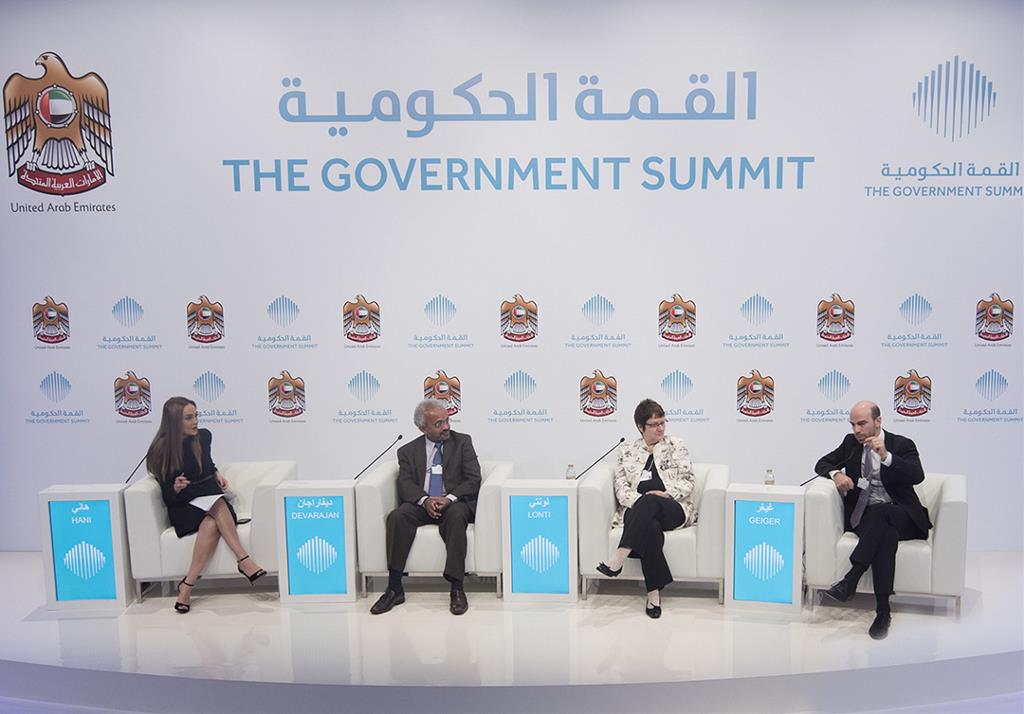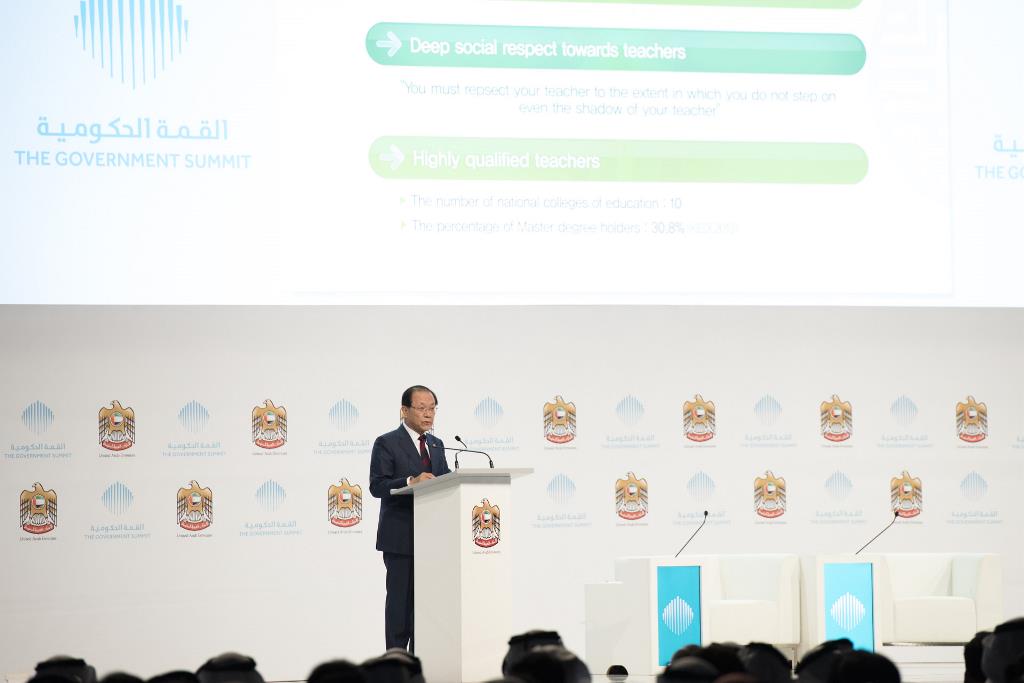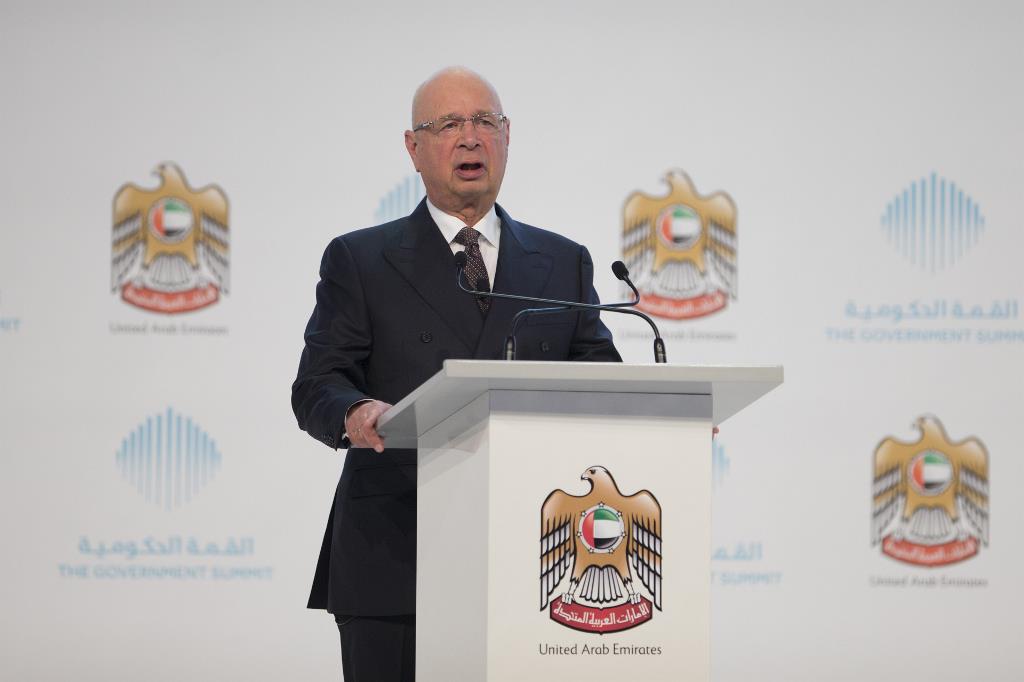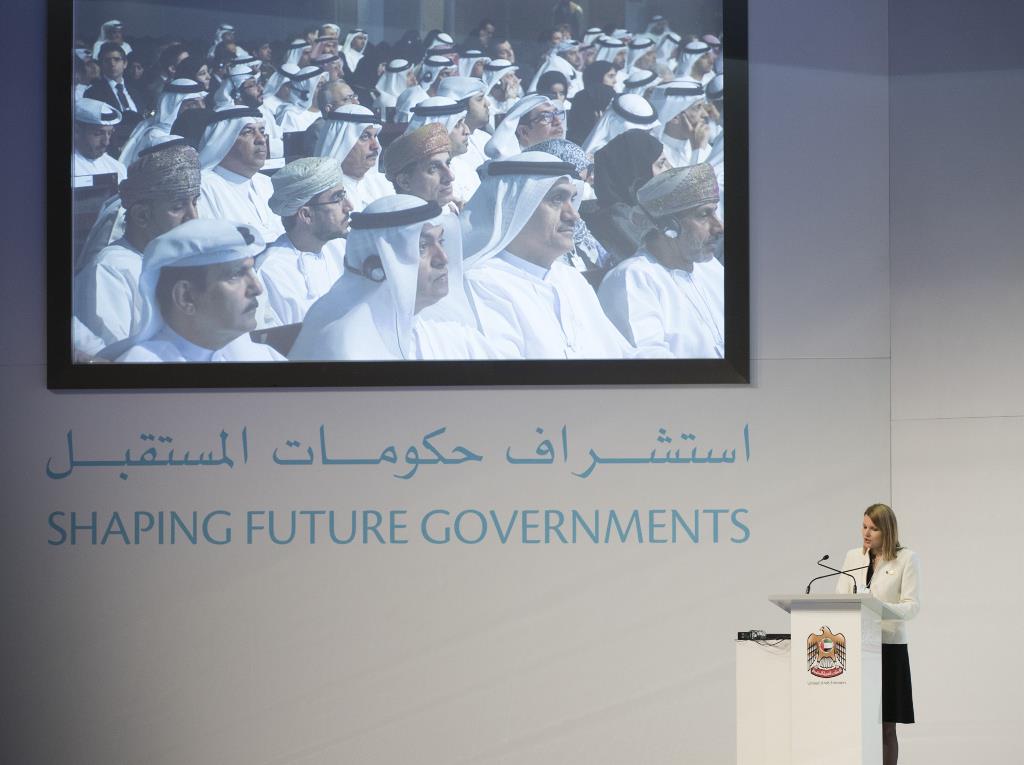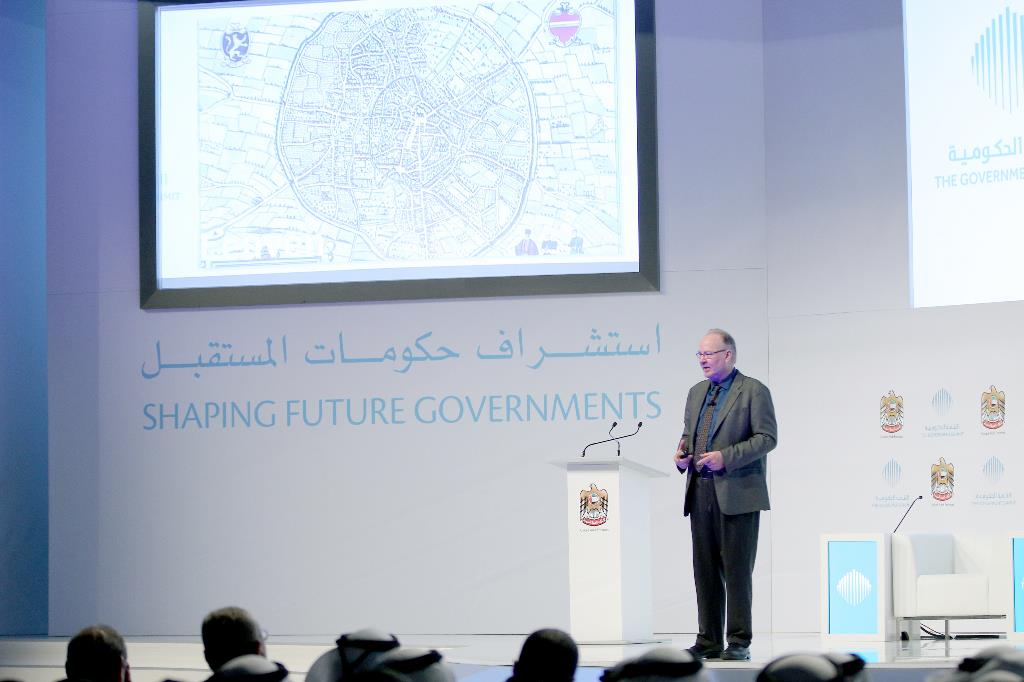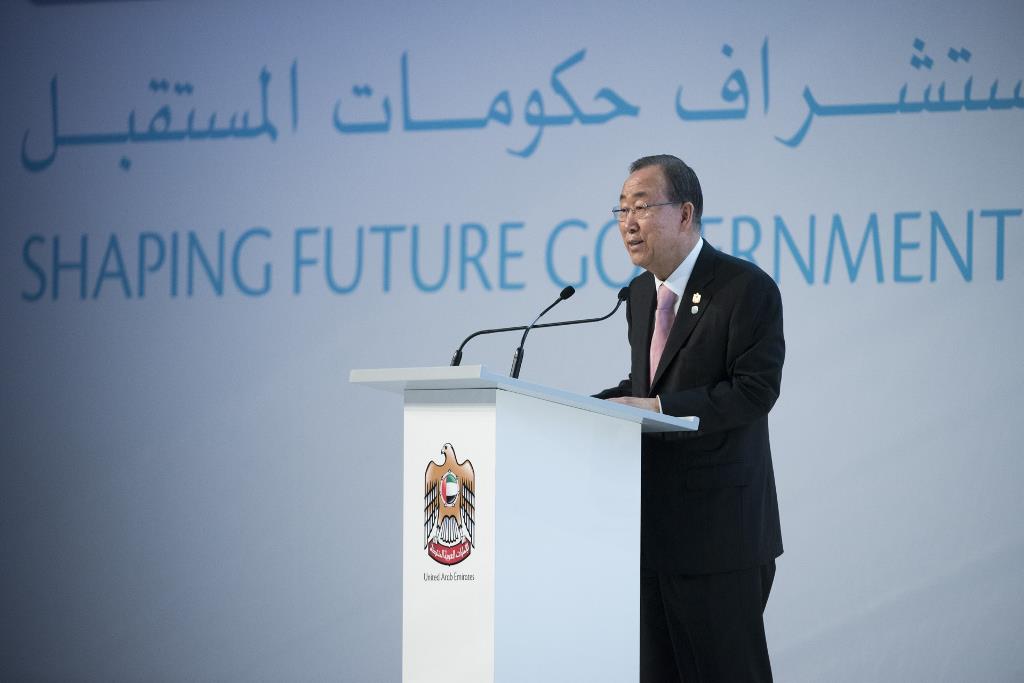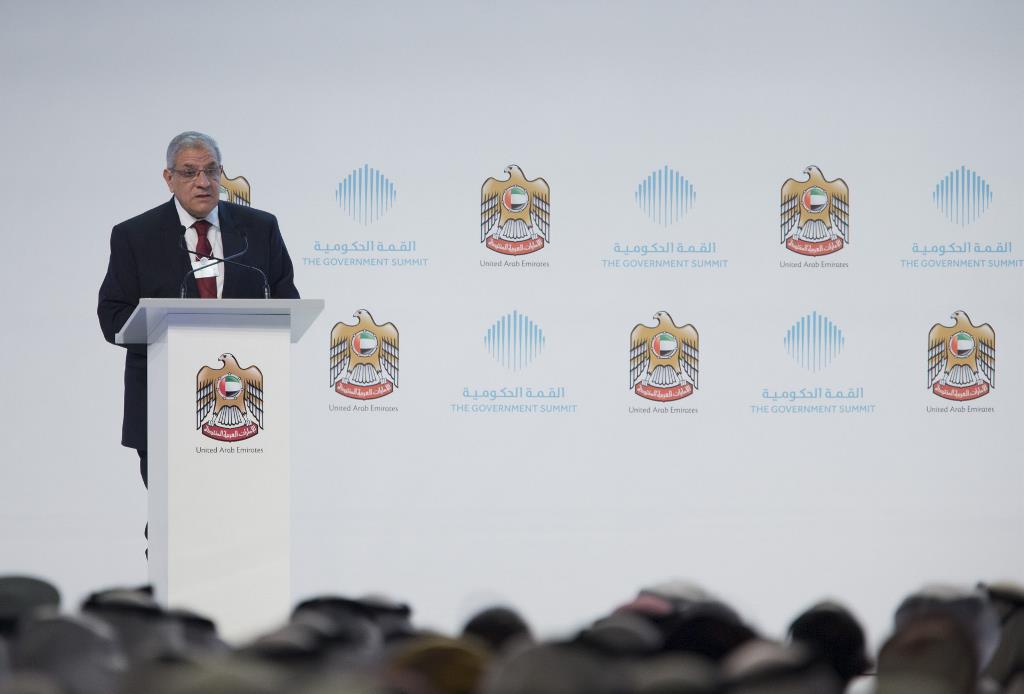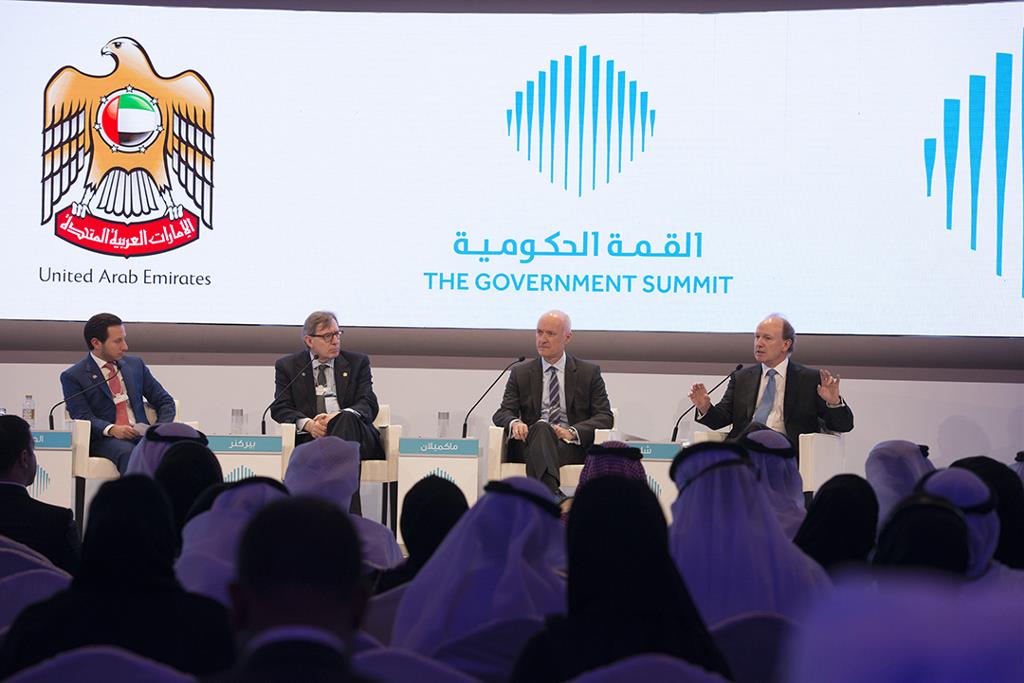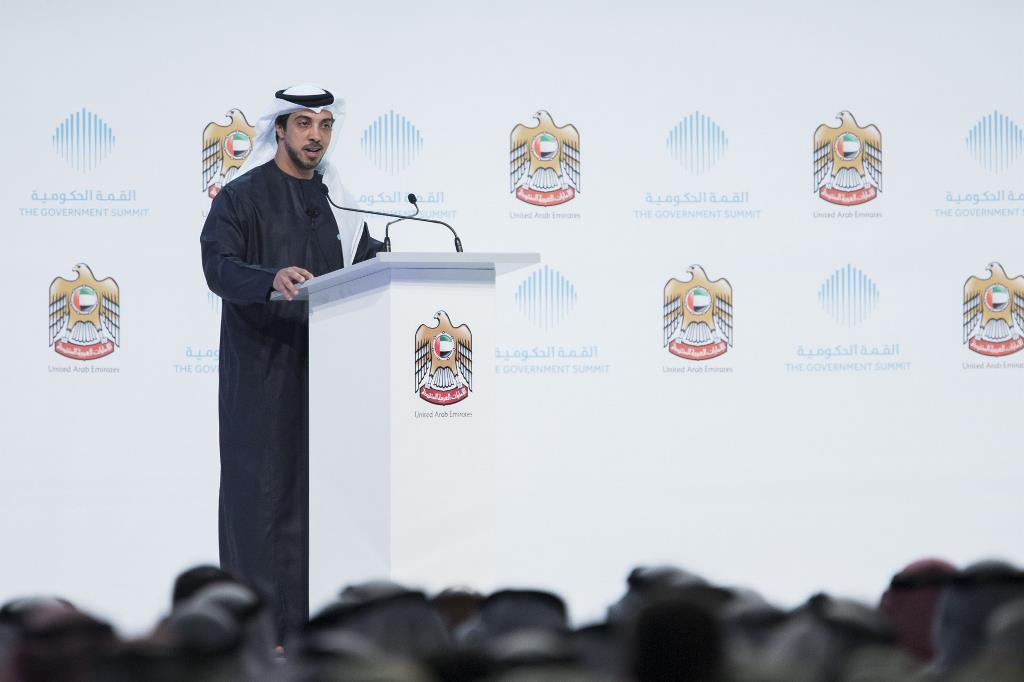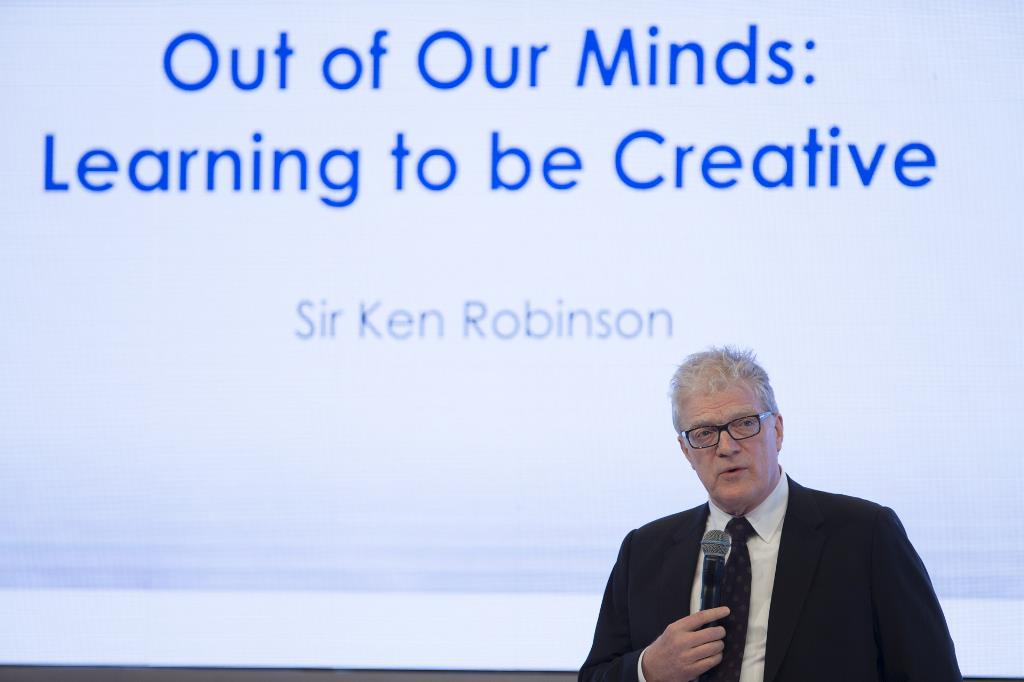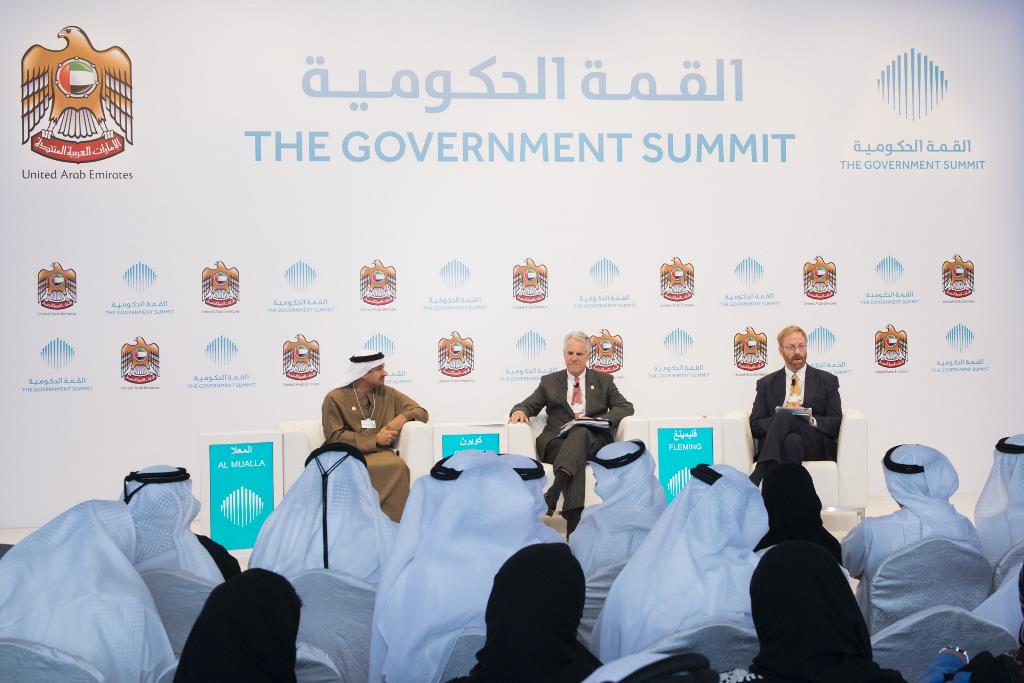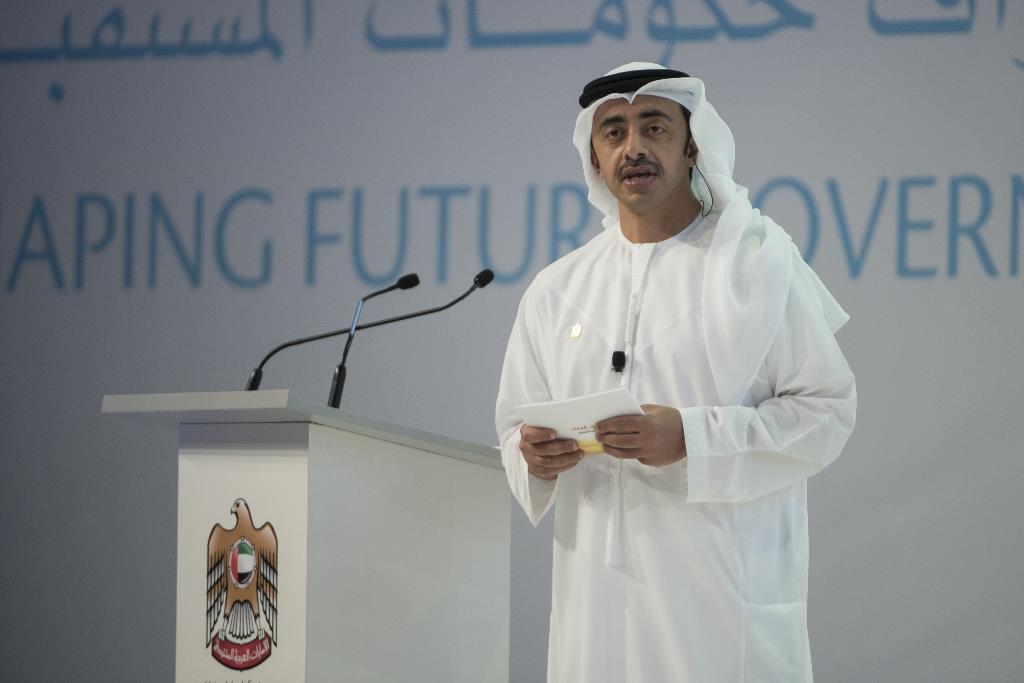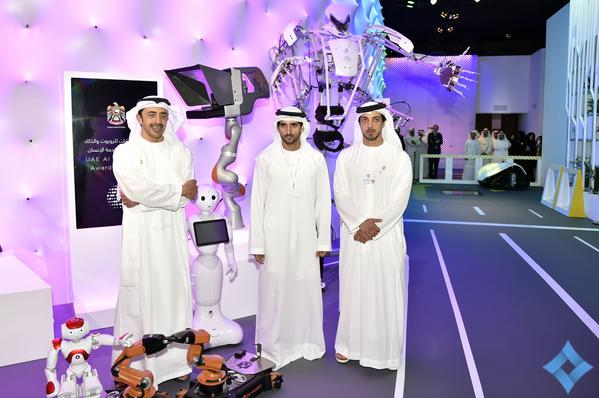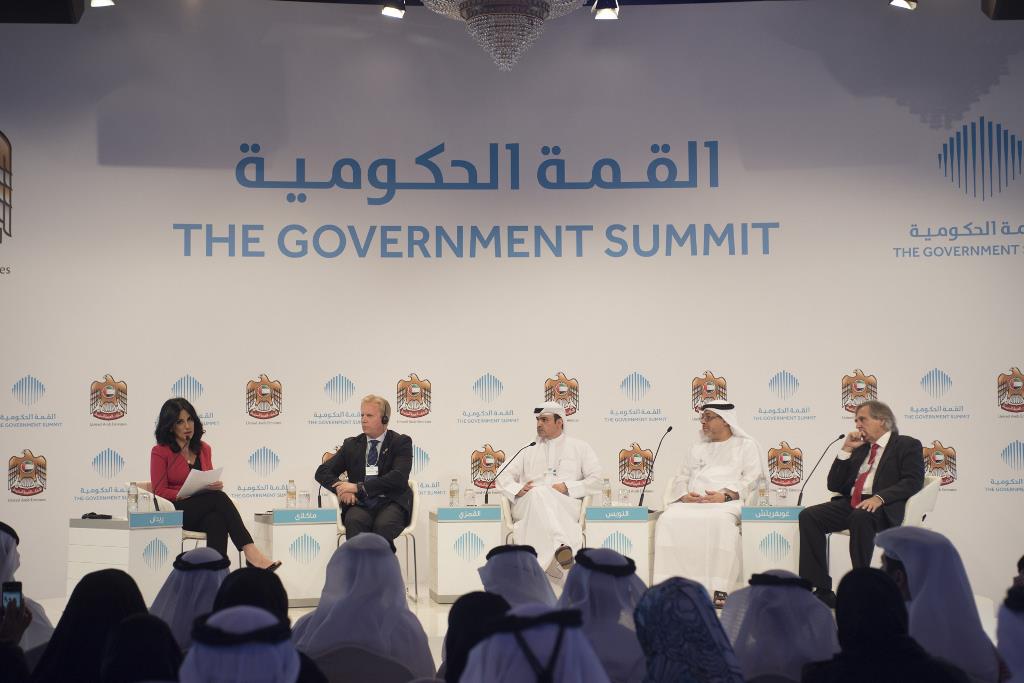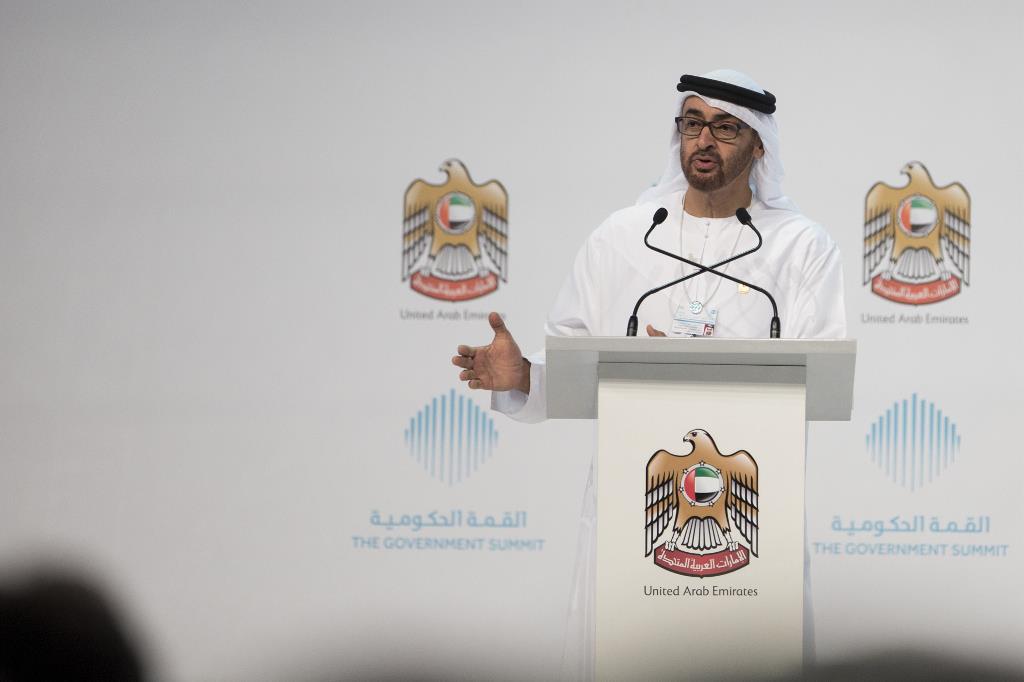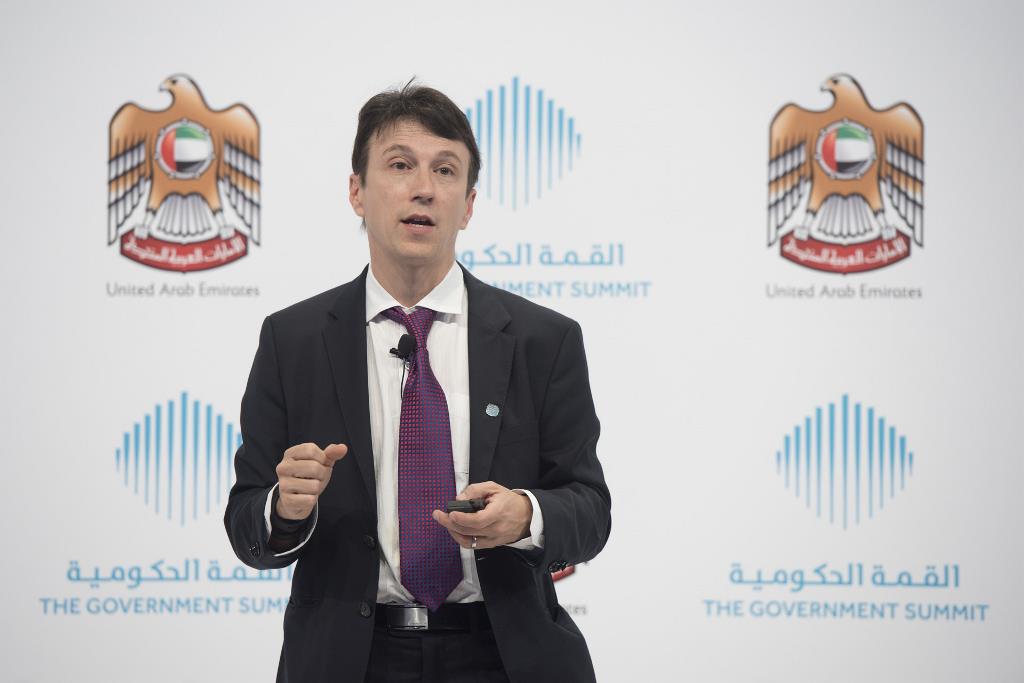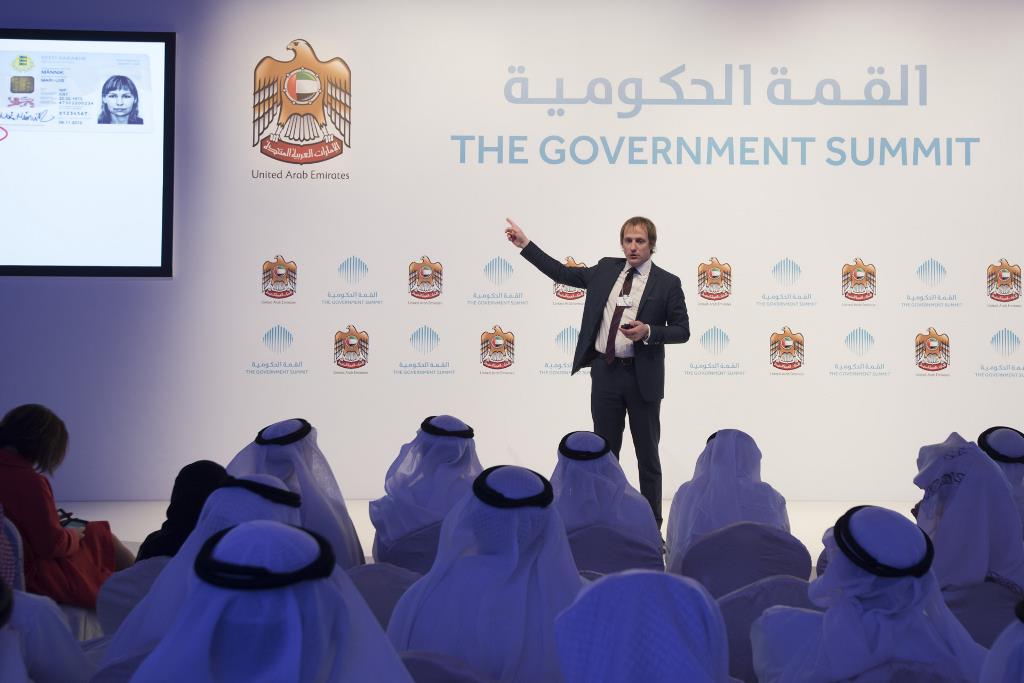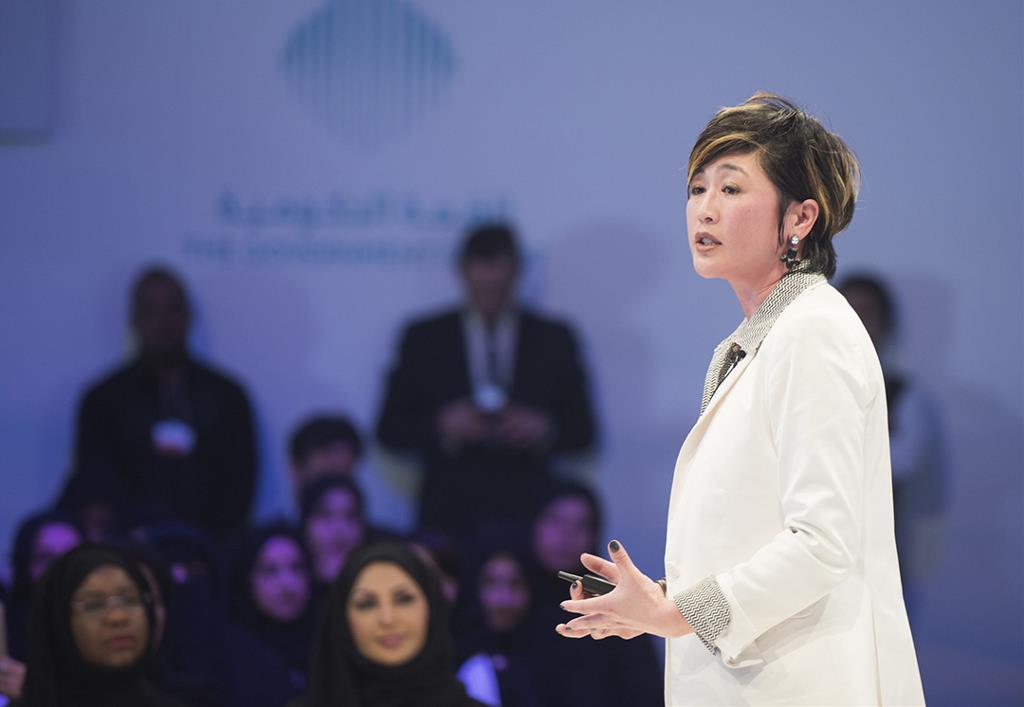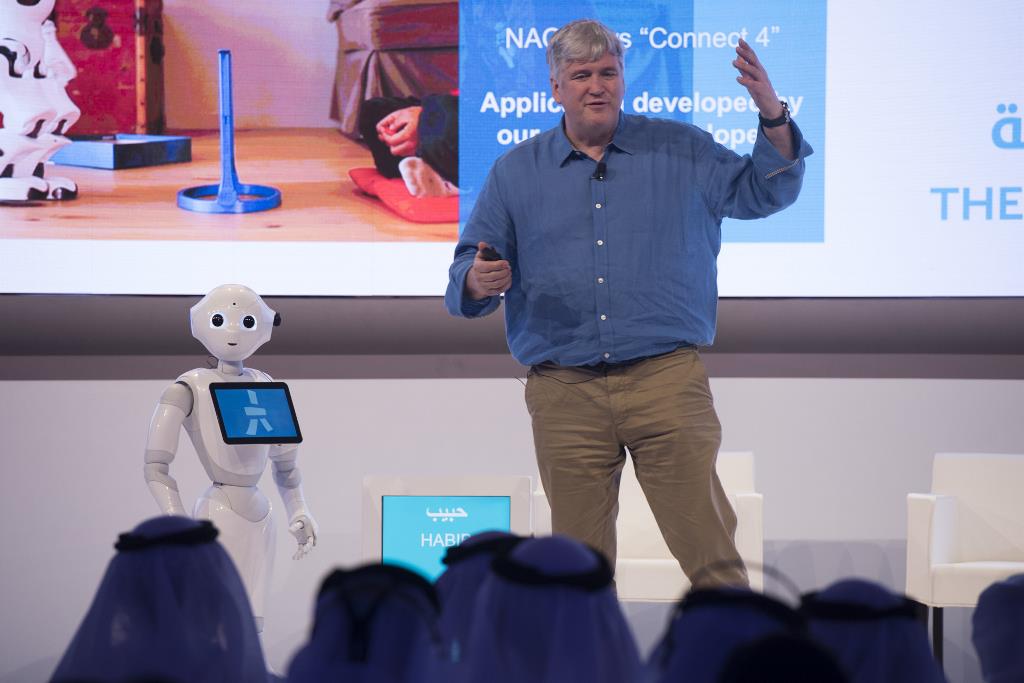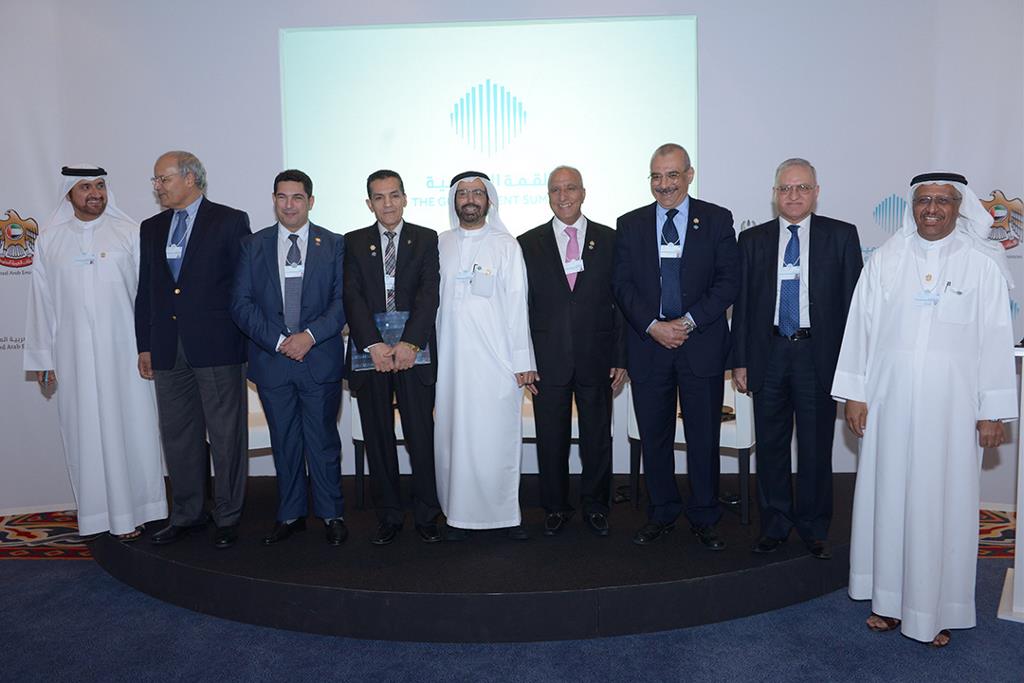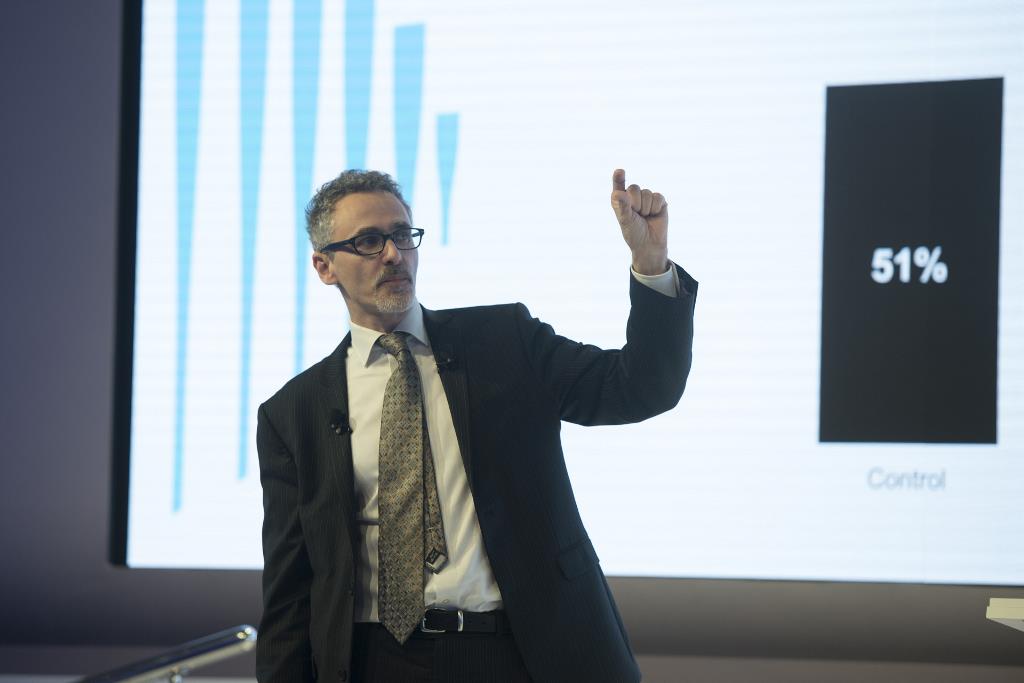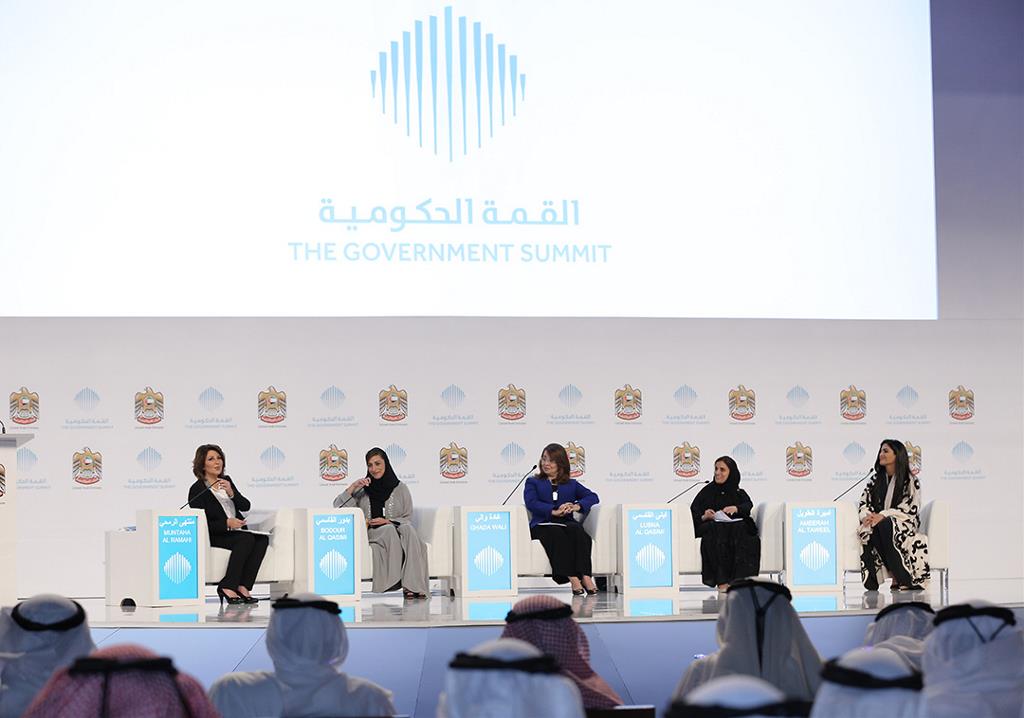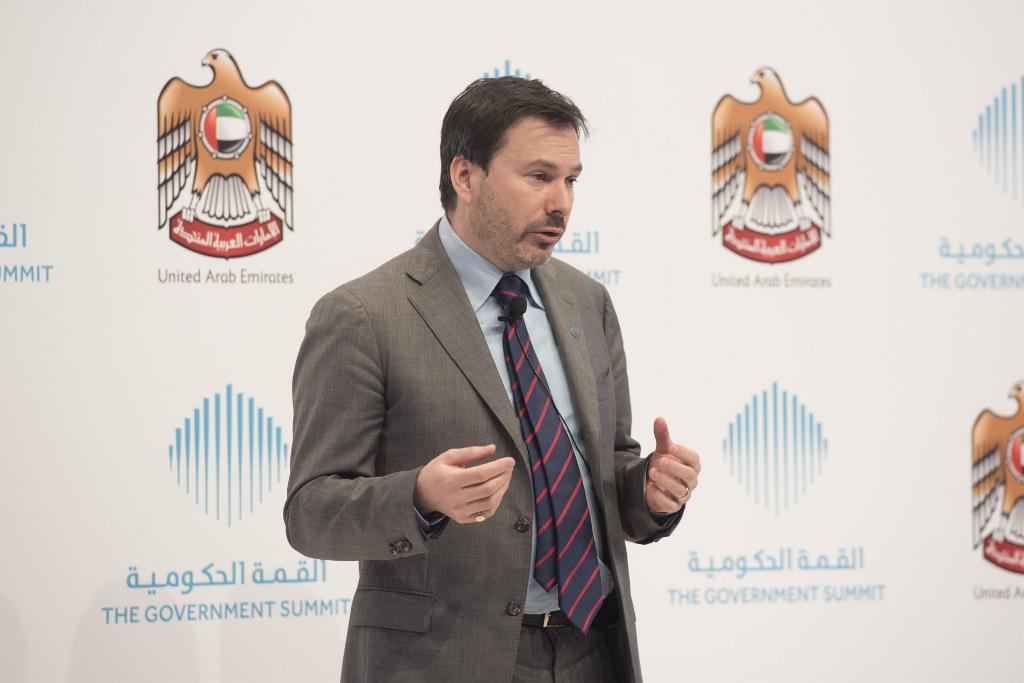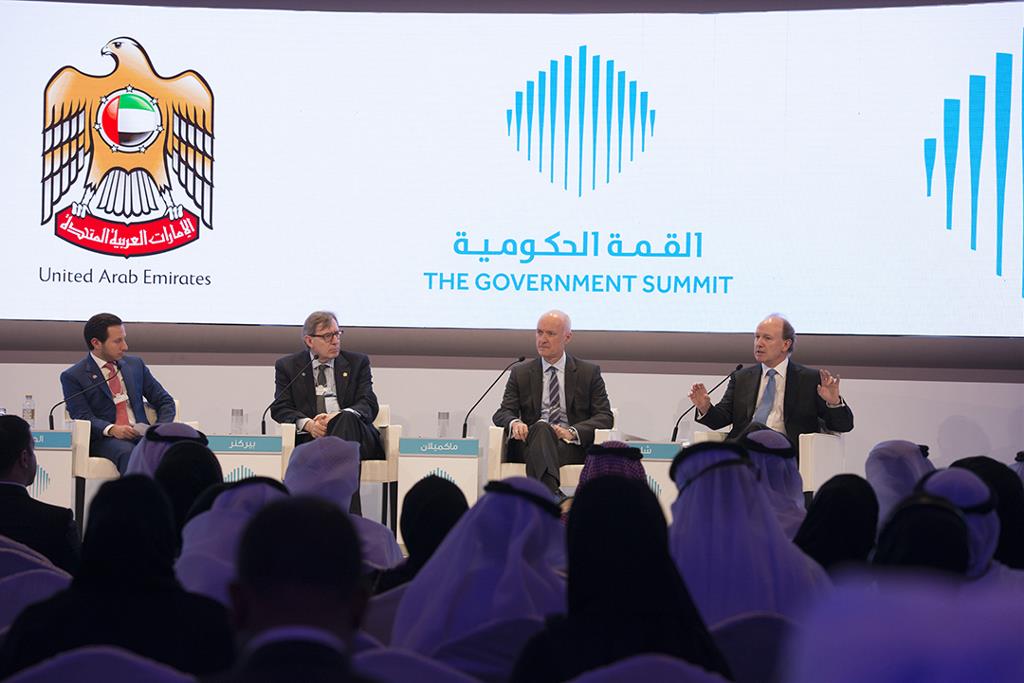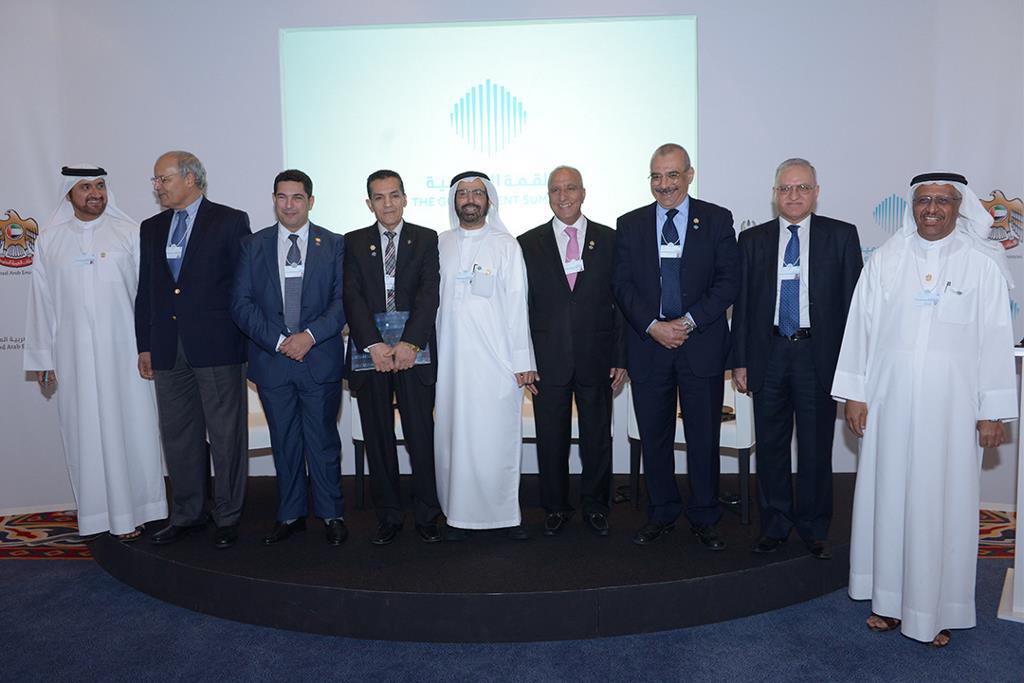Plenary Session: Smarter People, Smarter Cities, Smarter Governments
Being smart and being happy may be unrelated in the personal context, but where cities are concerned, the two concepts are closely interlinked.
In the next 10 years, Dubai will be smarter and one of the happiest places in the world to live in, said Ahmad bin Byat, Chairman of Emirates Integrated Telecommunications Company (du).
He was speaking at a plenary session titled ‘Smarter People, Smarter Cities, Smarter Governments’, where host Richard Quest of CNN asked his guests Ahmad bin Byat and Rashed Lahej Al Mansoori, Director General of Abu Dhabi Systems and Information Center, on what makes a city smart and whether a smart city makes its residents happy.
According to the UAE Vision 2021, launched by His Highness Sheikh Mohammed bin Rashid Al Maktoum, Vice President and Prime Minister of the UAE and Ruler of Dubai, happiness is one of the key goals in that vision. Smart services are one of the ways of ensuring happiness. Can Dubai make it to the list of top 10 happiest places on earth? This vision will be translated into reality through collaborative action.
Bin Byat said some measure the time people spend in a queue to use it as a negative indicator for happiness. However, happiness is more about human interaction than about automating the queue. He said a GPS system can chart the shorter distance from A to B. However, a smart city would be able to give you a route that makes you happier, taking you via a park, perhaps.
By engaging with citizens, technology professionals in Dubai are working on an app that can tell a person suffering from asthma when there is more pollen in a particular park on any given day.
As a smart city, Dubai aims to provide each user with a personal dashboard. If, for instance, you are diabetic, it will chart your sugar consumption or remind you in real time whether it is time to go to a clinic. It will also chart a route to the nearest one.
Al Mansoori said a smart city requires a long-term plan, the implementation of which will eventually see less traffic, services available through every single channel and the happiness index going up.
Quest said an important element of a smart city is that various government agencies learn to work together, putting solutions at the heart of what it is all about.
Sharing examples of how governments around the world use technology in different ways, the discussion linked the needs of citizens to smart services. While smart services are technologically enabled, the implementers are government entities and officials who are in charge of properly running the city.
Already, 193 member states of the United Nations have an online presence. Quest said 118 governments are now using e-consultation and 70 are for e-government. However, it is not enough to have an online presence. What the city does with it is also important.
In Boston, US, for example, a mobile phone app called Citizenconnect allows residents to report issues such as potholes and graffiti via their smartphone. The app also captures bump data against GPS in an attempt to create smoother traffic flow.
In Rio de Janeiro, Brazil, a system integrates data from 30 different government agencies, allowing the city authorities to take relevant action: reroute traffic in case a dignitary is visiting or sound the alarm in case of a natural emergency.
In Sri Lanka, which worked hard to achieve a literacy rate of 40%, online services were part of the effort. The government used basic technology to get exam results or overseas job postings online.
In Italy, where transparency is now enshrined in the law, citizens can check online all the information that they have the right to know.
Abu Dhabi has an app called CityGuard, which is offered free to all citizens, residents and visitors, enabling them to become inspectors who can report any issues by simply tapping and sending a photo, video or an audio recording to the government’s call center.
Al Mansoori said that, to date, the app has more than 70,000 users on a daily basis, with 85% of completion rates on feedback requiring action. In addition, there is a timeline for every single complaint.
Clearly, being a smart city is more than a website and an app, it is a culture.
Bin Byat said a smart city means different things to different people. Dubai’s vision of a smart city is futuristic and economically sustainable, along with providing for a human element. While the network is available, connecting with people is the next step.
Al Mansoori said smart infrastructure, smart data and smart services under one umbrella of cyber security comprise a smart city. For a long-term, future-proof city, the infrastructure needs to be dynamic.
At the same time, response times for consumer feedback need to be very quick. Smart services are all about making people’s lives easier.
One of the ways a smart city moves toward being a happier city is by listening to the people and meeting their expectations.
Bin Byat said the ability of being smart is to do with being able to plan and execute in the right manner. This is crucial, he said, because cities in the UAE are net importers of labor, and smartness or efficiency is directly related to productivity.
